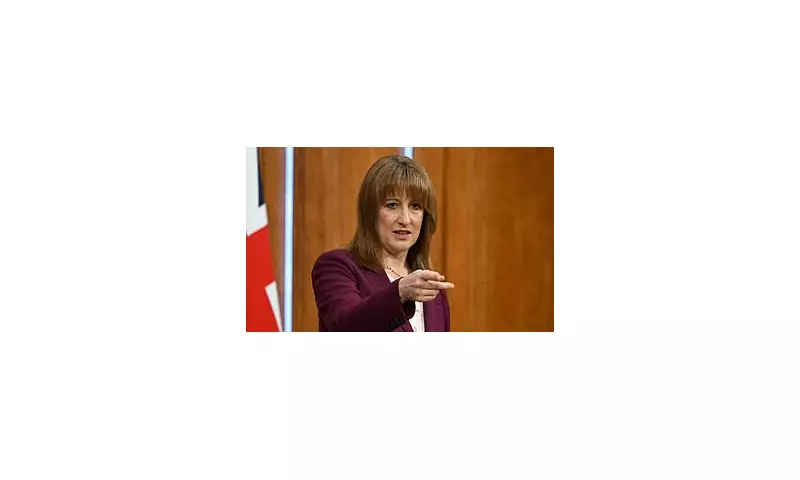
Chancellor Rachel Reeves has been accused of tearing up her Budget plans to avert a fresh rebellion from Labour MPs, who warned that breaking the party's flagship tax promise would amount to electoral suicide.
Stunning U-Turn on Tax Policy
The City of London was left reeling on Friday as it emerged that the Chancellor had abruptly abandoned her intention to raise income tax, a measure she had been preparing the ground for over several weeks to help balance the nation's books.
This dramatic reversal followed a series of stark warnings from senior Labour figures, who insisted that voters would never forgive the party if it reneged on its pre-election pledge not to increase National Insurance, income tax, or VAT.
Internal Party Pressure Mounts
The already fractious Labour Party found itself engulfed in a storm of toxic briefings and leadership speculation, with Sir Keir Starmer floundering in the opinion polls. Health Secretary Wes Streeting, who was at the centre of Downing Street leadership briefings that backfired spectacularly this week, became the first Cabinet member to publicly welcome the Chancellor's change of heart.
‘I’m not in favour of breaking manifesto pledges,’ Mr Streeting told LBC radio. ‘I think that trust in politics and politicians is low, and it’s part of our responsibility to not only rebuild our economy and rebuild our public services, but to rebuild trust in politics itself.’
Labour’s new Deputy Leader, Lucy Powell, was among the first to voice opposition to the Chancellor's original plans, warning over a week ago: ‘It’s really important we stand by the promises that we were elected on and that we do what we said we would do.’ Having been elected by the party membership, she was seen as representing the views of grassroots supporters.
Former minister Catherine West echoed these sentiments on Monday, suggesting that breaking the promise could prove as catastrophic as the Liberal Democrats' infamous U-turn on university tuition fees, which decimated their support in the 2015 general election.
Economic Credibility and Market Concerns
The swift policy shift has prompted fresh claims that the Government's economic agenda is being dictated by left-wing backbenchers, who previously forced Ms Reeves to abandon a proposed £5 billion cut to disability benefits during the summer.
Economist and crossbench peer Lord O'Neill, a former adviser to the Chancellor, expressed his surprise and confusion. He told BBC Radio 4’s World at One: ‘It is pretty hard to escape the conclusion that the change of mindset is being done because of the divisions inside the Labour Party.’
He issued a stark warning: ‘If you’re trying to run a country with the tricky challenges that we have, I think you’ve got to be very careful to not send messages to financial markets that you’re going to put party consolidation ahead of fiscal credibility.’
With next May's local elections looming as a potential flashpoint for Sir Keir's leadership, the pressure is intensifying. Reform UK Deputy Leader Richard Tice criticised the government, stating: ‘This government only focuses on the whims of the Labour backbenches, not the British people. The Budget shambles continues.’
However, Government sources have denied the decision was a result of ‘political pressure,’ instead suggesting the Chancellor would always seek to avoid breaking a manifesto pledge if economic forecasts improved.






